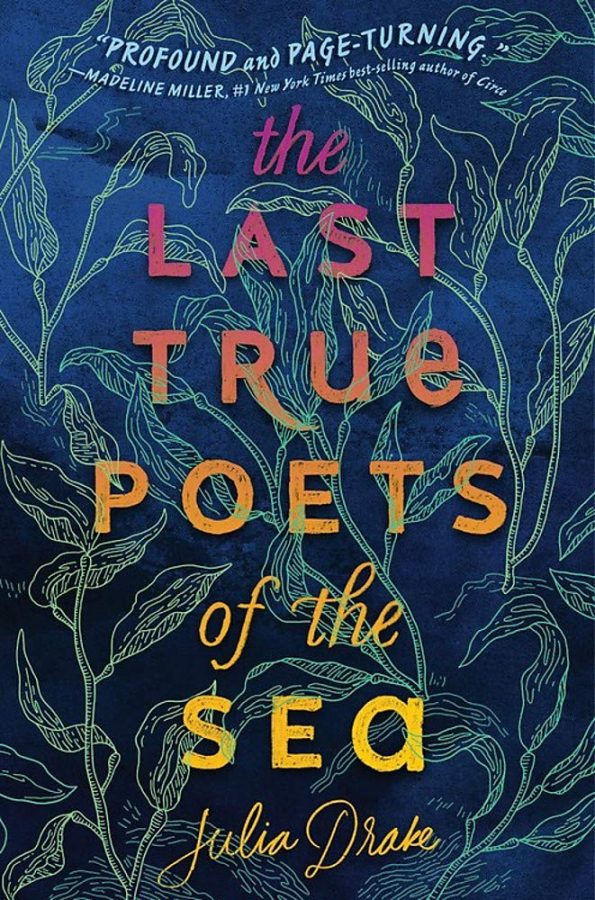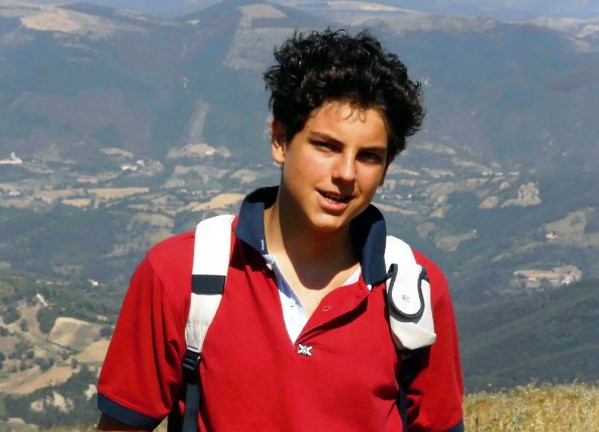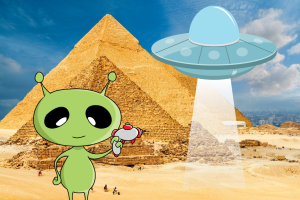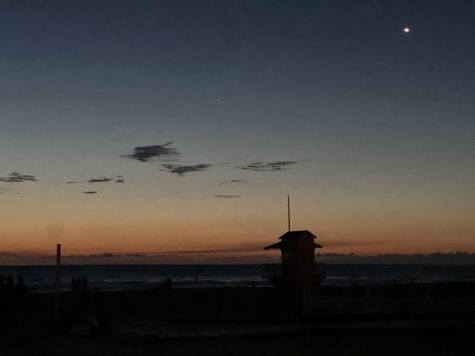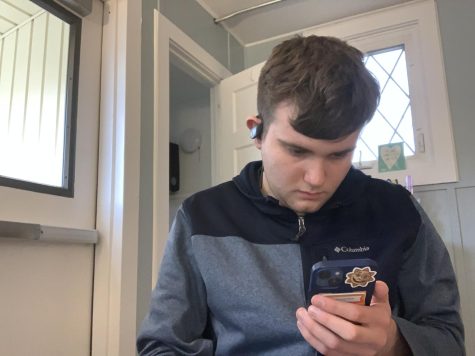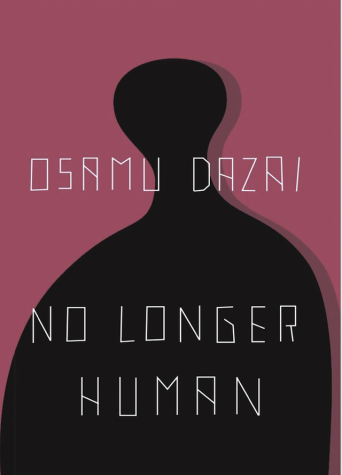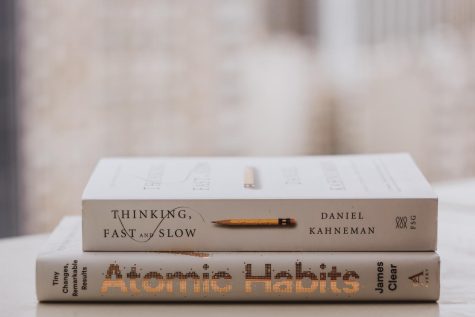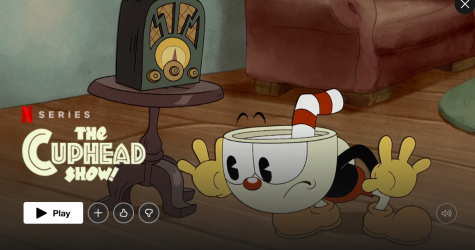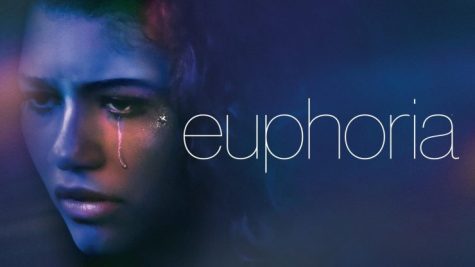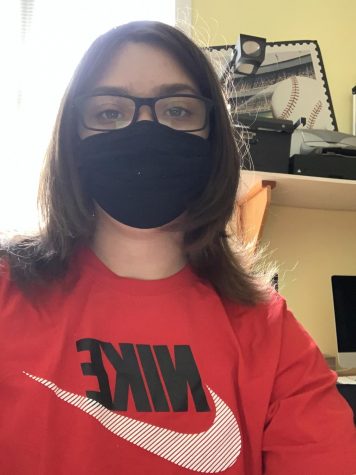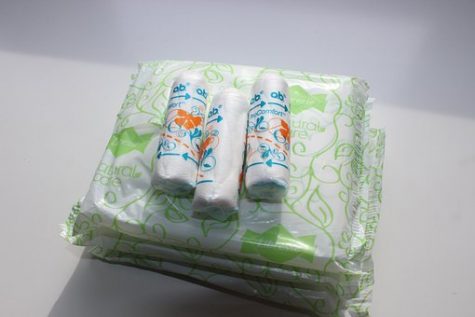The Last True Poets of the Sea by Julia Drake: A Review
March 4, 2022
Synopsis
The Larkin family isn’t just lucky—they persevere. At least that’s what Violet and her younger brother, Sam, were always told. When the Lyric sank off the coast of Maine, their great-great-great-grandmother didn’t drown like the rest of the passengers. No, Fidelia swam to shore, fell in love, and founded Lyric, Maine, the town Violet and Sam returned to every summer.
But wrecks seem to run in the family. Tall, funny, musical Violet can’t stop partying with the wrong people. And, one beautiful summer day, brilliant, sensitive Sam attempts to take his own life.
Shipped back to Lyric while Sam is in treatment, Violet is haunted by her family’s missing piece—the lost shipwreck she and Sam dreamed of discovering when they were children. Desperate to make amends, Violet embarks on a wildly ambitious mission: locate the Lyric, lying hidden in a watery grave for over a century.
She finds a fellow wreck hunter in Liv Stone, an amateur local historian whose sparkling intelligence and guarded gray eyes make Violet ache in an exhilarating new way. Whether or not they find the Lyric, the journey Violet takes—and the bridges she builds along the way—may be the start of something like survival.
Favorite quotes
“He’s not even interested in the treasure. The whole point is the adventure. At least, for his crew, that’s the point. The last true poets of the sea, he calls them. People for whom discovery—like, the concept of the journey—is the treasure itself.”
“Romeo and Juliet once had a conversation that became a sonnet. Alone, they were good; together, they were art. I always wondered what that would be like—to be so in sync with someone, you create.”
Thoughts
Hands down, the strongest aspect of this book was the authenticity of the characters. They were incredibly multi-dimensional, lovable, funny, and each had their own special charm and color. During Violet’s summer in Lyric, she assimilates into the whimsical assemble of Liv, Orion, Felix, and Martha.
“To the wreck hunters,” Orion said, raising his water bottle, “And to whale songs.”
“To truthing,” said Liv.
“To tea leaves,” said Felix.
“Surviving,” said Sam.
“Please can you keep it down!” yelled a voice from inside the kayakers’ tent.
“To angry, reluctant chaperones,” Mariah stage-whispered.
There is never a dull moment between their interactions, and the fluid dialogue almost made me feel like Violet and her Lyric gang were friends of my own.
Since it’s narrated through the first-person perspective of Violet, I was able to form an intimate connection with her character, her emotions, her deepest hurts. She’s 16, the same age as me, so I felt a particularly strong kinship to her. Many of her experiences resonated with me, especially the guilt of feeling like you weren’t there for a sibling. Witnessing her growth was so fulfilling at the end, and I was proud of her for setting fire to old, toxic coping mechanisms (boys, alcohol) and mending a once-fractured bond with her brother.
The writing is absolutely stunning and almost lyrical in a way. It felt airy and easy to take in, and I would always feel lighter whenever I put the book down. It’s one of those reads that feel like a warm hug, the warmth gradually seeping in and lingering ever-presently as time flows on.
I also really appreciated its representation of LGBT identities. The main character, Violet, is bisexual; Liv, Violet’s new girlfriend, is unlabeled and depicted questionioning her sexuality multiple times; Felix, their self-proclaimed psychic/tea-leaf reader, is gay. Again, I applaud this book for its authenticity. Their identities are never forced but rather heartfelt and seamlessly interwoven into the story.
Lastly, its raw portrayal of mental health and realistic angle on recovery and healing is exceptional. Far too many mental health-centered narratives preach synthetic, surface-level messages—“the storm has passed, you’ve survived, it’ll get better”—without exploring the complexities of what it truly means to survive.
“Survival was its own quest: we needed to choose to survive over and over again. We had to wash up on shore, and we had to choose to keep washing up every single day.”
The Last True Poets of the Sea defines surviving as its own arduous journey with no definite finish line. You might stumble, fall, and maybe break a few limbs before feeling strong, and despite how strong you feel, you might unravel and bleed all over again. But, within those wounds lie the embers of your perseverance, the lessons and insight you have imbibed, and the people who reach out a hand to pull you up.
It is with that life and soul you must use to rekindle the fire, over and over again. It is with that life and soul you continue to carry yourself forward, much like how Violet, Sam and their ancestors swam up to shore in the wake of a ruinous shipwreck.

